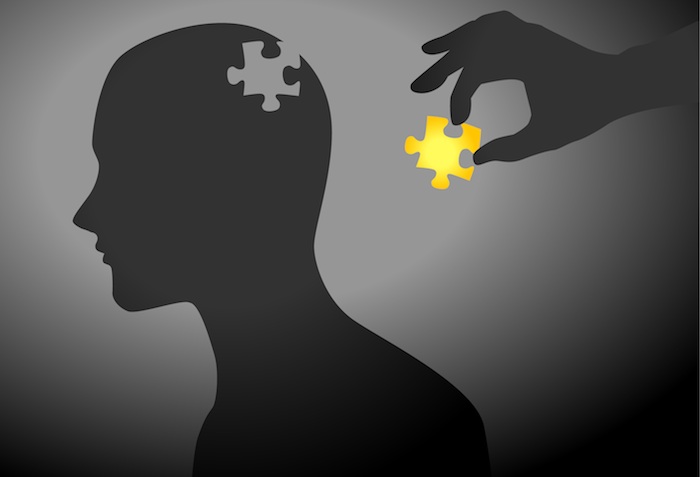Innovative Approaches to Treating Alcohol Addiction

Introduction
Alcohol addiction, or alcohol use disorder (AUD), presents significant challenges to individuals, families, and healthcare systems worldwide. Traditional treatment methods like detoxification, counseling, and support groups remain foundational; however, recent advancements have introduced innovative approaches that promise more effective and personalized solutions. This article explores these innovative treatments that are shaping the future of addiction therapy.
Enhancing Treatment with Technology
Digital Therapeutics
One of the most groundbreaking advancements in treating alcohol addiction is the use of digital therapeutics. These are health applications that use software to aid individuals in reducing their drinking behavior. Apps like “reSET®,” which is FDA-approved, provide cognitive behavioral therapy to patients, which has been shown to enhance patient engagement and treatment adherence.
Virtual Reality Therapy
Virtual reality (VR) offers a unique tool for simulating real-life situations that might trigger a person’s desire to drink. By using VR, therapists can safely place individuals in controlled environments where they can practice coping strategies and strengthen their resistance to cravings. Research indicates that VR can significantly improve outcomes by providing realistic, yet manageable, challenges and feedback in a safe setting.
Pharmacogenomics and Personalized Medicine
Tailored Medication
Pharmacogenomics, the study of how genes affect a person’s response to drugs, is being leveraged to tailor addiction treatments based on individual genetic profiles. This approach can determine the most effective medications with the fewest side effects for each person. Drugs like naltrexone and acamprosate have shown varying levels of effectiveness depending on genetic variations, guiding clinicians in personalized treatment planning.
Integrative and Holistic Approaches
Mindfulness and Meditation
Integrating mindfulness and meditation into alcohol addiction treatment programs is gaining traction. These practices help individuals develop a greater awareness of their thoughts and feelings, reducing impulsivity and stress, which are significant triggers for relapse. Programs that incorporate these techniques have reported lower rates of relapse and higher levels of patient satisfaction.
Nutritional Interventions
Recognizing the role of physical health in recovery, some treatment centers now include nutritional counseling as part of comprehensive addiction treatment. Alcohol abuse can lead to significant nutritional deficiencies that exacerbate mental health issues. Addressing these through a tailored diet can improve mood stability and overall physical health, aiding in the recovery process.
Community and Peer Support Innovations
Peer Support Apps
Technological innovations have also revolutionized peer support. Apps like “Sober Grid” provide a mobile community where individuals striving for sobriety can connect and support each other. These platforms offer features like geo-social networking, which allows users to find peer support in their immediate area, and “sobriety counters” that track days of sobriety, adding a motivational tool for users.
Recovery Coaching
Recovery coaching is an emerging field in the treatment of alcohol addiction. Coaches work with individuals to set recovery goals, develop recovery plans, and solve problems directly related to their addiction, such as employment, housing, and health issues. Unlike traditional therapy, recovery coaching focuses on thriving in recovery rather than merely surviving.
Conclusion
The landscape of alcohol addiction treatment is evolving rapidly, with innovative approaches focusing on personalization, integration of technology, and holistic care. These advancements are not only enhancing the effectiveness of treatments but also offering new hope and options to those battling addiction. As these innovative methods continue to develop and become more accessible, they promise to transform the recovery journey for millions of individuals affected by alcohol addiction.



